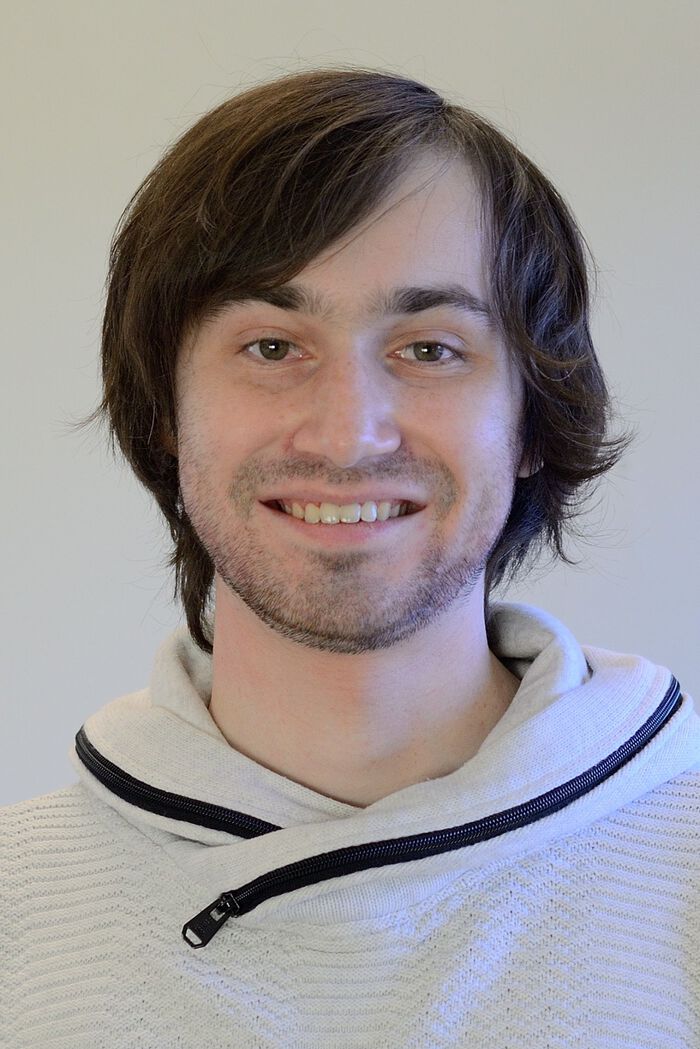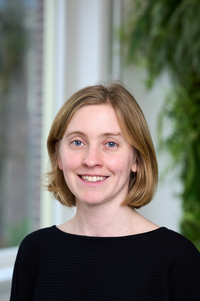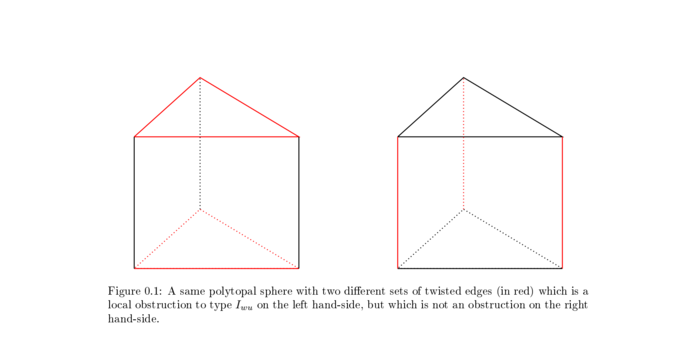Tidligere arrangementer - Side 33
Fem s?kere er blitt invitert til pr?veforelesninger og intervjuer for stillingen som f?rsteamanuensis innen biomedisinsk fysikk.
Archaeological Friday seminar with ?óra Pétursdóttir, Professor in archaeology at UiO, and ?orger?ur ?lafsdóttir, visual artist from Iceland https://thorgerdurolafsdottir.info/ They will reflect on the value of collaborations between archaeology and the arts, from the perspective of their own collaborations.
Protein condensates inside human cells are liquid-like droplets composed of protein and RNA. These condensates interact with the heterogeneous, active and dense environment of the cytoplasm, crossed by various cytoskeletal filaments such as microtubules and actin. Wetting interactions with the cytoskeleton lead to stereotypical positioning of such protein droplets inside the cell. Using statistical physics approaches, we identified complementary functions of filamentous actin and microtubules: protein droplets couple to actin’s native dynamics in the cell through steric interactions leading to directional motion towards the cell center. Microtubules (and their molecular building-blocks), on the other hand, act as Pickering agents and engage in energetically favorable wetting interactions that lead to a robust localization of protein condensates in microtubule-rich regions of the cell. These interactions are non-specific and ultimately arise from different affinities (contact angles) between condensate and filament, suggesting that similar mechanisms may govern localization of other liquid-like phases within the cell.
Bli med n?r Elizaveta Kibisova, Nele P?ldvere, Silje Susanne Alvestad og Asbj?rn F?lstad gjennomg?r falske nyheter p? forskjellige spr?k.
In this lecture, Dr. Julia Christine Marinaccio will discuss transnational ties between Taiwanese political parties and overseas communities and other constituencies abroad.
C*-algebra seminar by Mathias Palmstr?m (Norwegian University of Science and Technology)
MED ?nsker ? legge tilrette for debatt og f? frem viktige problemstillinger som en del av fakultetets arbeid med likestilling, diskriminering og mangfold. Bli med du ogs?!
Giulia Frigerio (IFIKK)
Speaker: Anne Kveim Lie, institute of Health and Society, UiO
Guri Bordal Steien will present her longitudinal study of refugee learners of Norwegian, organized by the Multilingualism Research Forum
What happens if we paint a steel box and put a water drop on it before it gets dry? The arcane curiosity arises: Will the paint remain the same or get destroyed? The answer is that it depends on the interaction between the surfaces and the length scale involved. My doctoral work was to study the stability of thin liquid films under aqueous drops. Slippery surfaces were used as a model system because they provide a frictionless surface with low contact angle hysteresis (<2°). We found that thin liquid films are stable on hydrophobic surfaces, while on hydrophilic surfaces, they rupture and dewet into droplets. We observed different dewetting patterns depending on the film thickness and slip. However, films on hydrophobic surfaces are stable but can be destabilized using external perturbations like an electric field. Due to the electric field, capillary waves are generated, and their evolution matches very well with a linear stability analysis. The reversible dewetting behavior with the applied field is an interesting observation of our work. With the applied frequency, the wavelength of the capillary waves does not follow the classical linear stability analysis; we modified the stability analysis, which agrees with our experimental findings. Finally, the coalescence of dewetted droplets and anomalous diffusive behavior with the applied external field will be discussed
I dag kan vi ikke si sikkert hva den engelske svettesyken var, men da den dukket opp for f?rste gang i 1485 var legekunsten sikker i sin sak: Det var snakk om pest. Den oppfatningen skulle endre seg.
Artem Basyrov, Cosmology and Extragalactic Astronomy research group, Institute of Theoretical Astrophysics, University of Oslo.
Alexander Agadjanian, Alicja Curanovi? and P?l Kolst? will discuss Russian identity and religion in light of Russia's war in Ukraine.
Helge Jordheim tar oss med p? en langsom vandring gjennom viktige steder i dagens Berlin – og samtidig inn i byens historie.
Tobias Dahl, Senior Researcher at SINTEF Digital and adjunct associate professor at UiO
The Departmental Seminar Series features Ola Gunhildrud Berta, MSCA Postdoctoral fellow, SEAS programme, Department of Social Anthropology, University of Bergen
Janet Connor presents her ethnographic research on communication, diversity and convergence in the central Oslo neighborhood of T?yen, organized by the Multilingualism Research Forum
Janet Connor presents her ethnographic research on communication, diversity and convergence in the central Oslo neighborhood of T?yen, organized by the Multilingualism Research Forum
Velkommen til andre m?te i Nettverk for maskulinitetsforskning, med tema maskulinitet og klima.
Vi starter v?rens seminarprogram med ? hedre masteroppgaver som ble levert i 2023, og et tilbakeblikk p? det siste forsknings- og studie?ret.
Phase tropical surfaces can appear as a limit of a 1-parameter family of smooth complex algebraic surfaces. A phase tropical surface admits a stratified fibration over a smooth tropical surface. We study the real structures compatible with this fibration and give a description in terms of tropical cohomology. As an application, we deduce combinatorial criteria for the type of a real structure of a phase tropical surface.
Phase tropical surfaces can appear as a limit of a 1-parameter family of smooth complex algebraic surfaces. A phase tropical surface admits a stratified fibration over a smooth tropical surface. We study the real structures compatible with this fibration and give a description in terms of tropical cohomology. As an application, we deduce combinatorial criteria for the type of a real structure of a phase tropical surface.
Phase tropical surfaces can appear as a limit of a 1-parameter family of smooth complex algebraic surfaces. A phase tropical surface admits a stratified fibration over a smooth tropical surface. We study the real structures compatible with this fibration and give a description in terms of tropical cohomology. As an application, we deduce combinatorial criteria for the type of a real structure of a phase tropical surface.



.jpg?alt=listing)


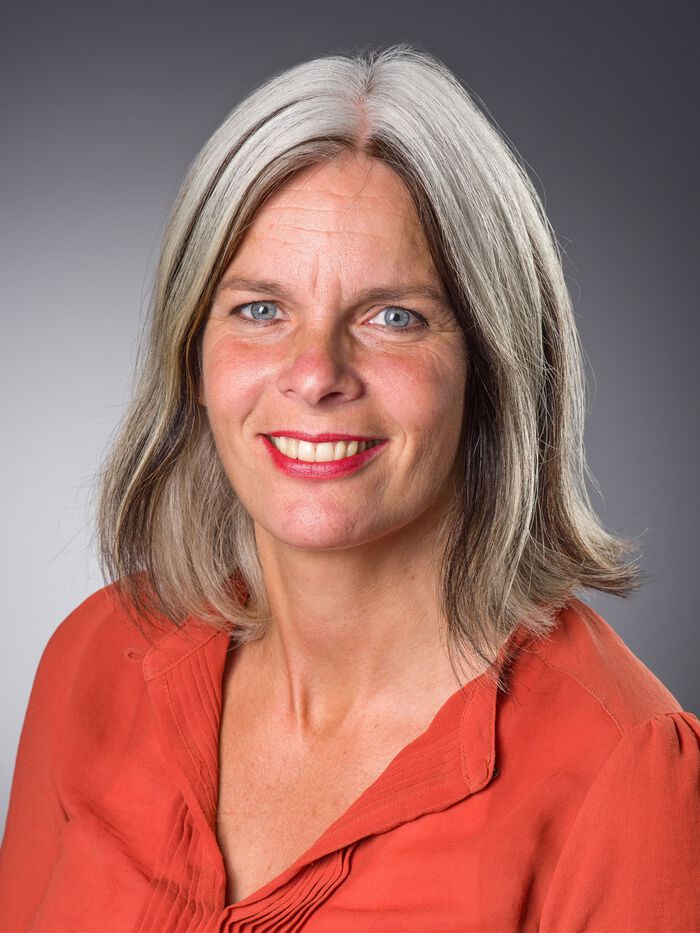
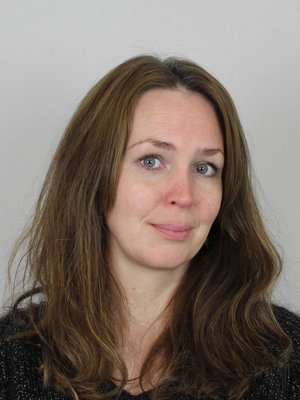
-1000.jpg?alt=listing)
